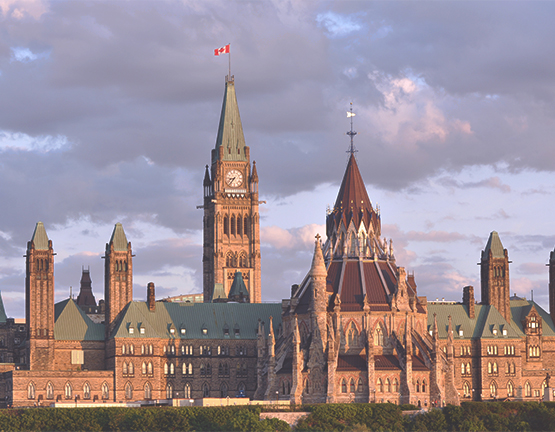In a scenario that contrasts with the deficit-based approach of his federal counterpart, Finance Minister Carlos Leitão has found himself with a budget surplus of close to $2.4 billion – two billion more than expected – for fiscal 2016-2017 and an anticipated surplus of $850 million for the current fiscal year. A situation that has prompted him to increase expenditures by 5.9% and predict a balanced budget for next year.
How will this spending be allocated, and how might it affect your personal finances? Here are 10 points to be aware of:
1. First of all, some news that will interest small business owners: the tax rate for companies that are eligible for the small business deduction will gradually drop from 8% to 4% starting in 2021. With an estimated cost of $2.2 billion over five years, this tax measure is one of the most expensive in the budget. On the other hand, the budget also provides for a gradual decrease in the dividend tax credit, which could result in a heavier tax burden when income is paid in the form of dividends.
2. Second, people who are getting ready to buy a first home will now be able to claim a tax credit of $5,000, which, combined with the equivalent federal credit, could represent a tax saving of about $1,300. Note that it must be a principal residence, and to qualify the purchaser must not have owned a home in the past four years.
3. If you have home renovations on the agenda, this will interest you: the RénoVert tax credit has been extended again, as it was last year. As you may remember, this credit corresponds to 20% of eligible expenses over $2,500, and can go as high as $10,000. If you are eligible, you have until March 31, 2019 to sign a contract with a qualified contractor and until December 31, 2019 to incur the expenses.
4. The budget also announced the extension of another measure that might be worth your attention if supporting cultural organizations is part of your planned giving strategy. The tax credit for a first large cultural donation, which expired on December 31, has in fact been extended for five years. This measure is in addition to the usual charitable donation tax credit and grants a non-refundable credit of 25% for a first cultural donation of at least $5,000 and no more than $25,000.
5. Various measures associated with children are contained in the budget, notably an increase of $500 in the limit that applies to children under seven years of age for the tax credit for childcare expenses. For parents using non-subsidized daycare, this could mean a tax saving of $130 to $375.
6. As well, if you have a disabled child, you might want to make note of the $2,000 increase in the tax credit, which could result in a saving of $520 to $1,500.
7. At the other end of the demographic curve, some measures are aimed at seniors, notably to help them live independently. For example, someone who needs to buy a hearing aid will now be eligible for a refundable tax credit of $950.
8. Among the many other tax credits announced or modified, the one that applies to people who are informal caregivers has been expanded to include people who do not live with the relative they are caring for. As of 2018, these people could be entitled to $533 in support if they meet the eligibility requirements.
9. If digital technology is important to your work or your community, you might want to take note of the new measures totalling $1 billion to promote the digital transformation of Quebec’s economy, particularly in the education and cultural sectors. On the other hand, as of next January 1, we will all have to get used to paying Quebec sales tax on digital services purchased outside the country, such as the popular Netflix streaming service.
10. To end on an entertaining note, do you enjoy going to museums? Then you can mark your calendar for one Sunday every month, because the budget earmarks $5 million to provide free admission, one Sunday per month, to museums supported by the Ministère de la Culture et des Communications.
The budget also contains a number of spending programs, notably in the areas of transportation, health and education. To find out more, take a look at the documentation published by Finances Québec, which you can find here.
The following sources were used to prepare this article:
Ministère des Finances du Québec : The Québec Economic Plan, March 27, 2018
Ici.Radio-Canada.com, Budget du Québec 2018, March 27, 2018
Lapresse.ca, Budget Leitão: les clients québécois des géants du web devront payer la TVQ, March 27, 2018
Finance et investissement, Fiscalité des PME : augmentation de la DPE, March 27, 2018.




